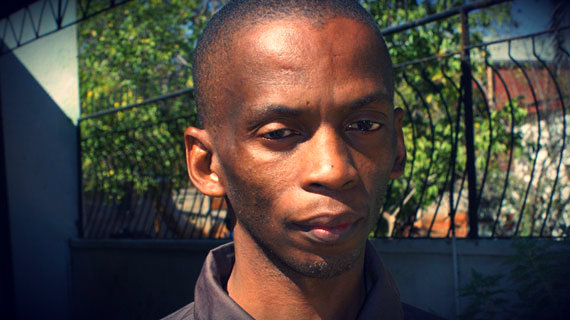
ZIMBABWE needs to build on some of the gains of the constitution-making process in order to move towards good governance, sustainable development and secure livelihoods.
The following will be crucial in ensuring the steady progress of the country:
- Constitutionalism and embedding constitutional values in the national consciousness,
- Enhancing democratic constitutional institutions and other capabilities of non-State actors,
- Sound economic policies,
- Building a base of sound leaders,
- Detoxicating development and civic space of political venom.
In this instalment, I would like to focus on the Constitution and how it can become an instrument of sustainable socioeconomic and political development.
Development does not exist in a vacuum and neither is it one-dimensional. It is holistic and also finds expression in the country’s supreme law.
The country has a fairly good Constitution. Since the Constitution is the supreme law of the land, it is paramount to ensure that even when and if we have weak leaders, at least we are able to build on the relatively sound constitutional framework we have.
While the actual document is a product of a ceasefire inclusive government’s politics of negotiation, it is still a document that can form a sound basis for good governance.
The assumption is that once there is a sound governance framework embedded in the country’s supreme law, there is likely to be corresponding confidence in the economy thus attracting investment and ultimately economic growth. Obviously, because the Constitution is a product of a negotiated government, it is not necessarily a perfect document.
There are numerous opportunities to construct a democratic State/citizen architecture albeit within obvious political limits due to the current political topography epitomised by a ruling party which hitherto has shown an aversion towards democracy.
- Chamisa under fire over US$120K donation
- Mavhunga puts DeMbare into Chibuku quarterfinals
- Pension funds bet on Cabora Bassa oilfields
- Councils defy govt fire tender directive
Keep Reading
Some positives in the Constitution include the Bill of Rights which includes socioeconomic values such as children, workers, the elderly and people living with disabilities’ rights to water, education, health, food, environmental rights, among other things. The Constitution also enshrines political rights, the rights of detained persons, petitioning etc.
The ability, capacity or willingness of the State to respect these rights is another thing altogether, but on paper there is reasonable ground to believe that the Constitution provides a more sound framework for the respect of fundamental rights and freedoms.
While most of the socioeconomic rights are dependant on the ability or capacity of the State to deliver such rights, the Constitution at least gives the State the burden of ensuring that these are obligations of the government towards its citizens.
This culture of respecting what is written on paper is largely foreign to many African leaders, Zimbabwe in particular. For instance, even the notorious Public Order and Security Act does not give the police the right to assent to meetings, but rather they are supposed to be notified.
The practicality on the ground is that the police actually “grant permission” for meetings to be held even though they are not necessarily supposed to do so. There is a need for our political leaders in Zimbabwe to be true to the Constitution which they spent three-and-a-half years arguing about.
Chapter 12 of the Constitution provides for institutions which support democracy such as the Zimbabwe Human Rights Commission, the Gender Commission, the Peace and Reconciliation Commission, the Zimbabwe Media Commission, the Zimbabwe Electoral Commission and to a lesser extent the Zimbabwe Anti-Corruption Commission (Zacc).
These are commissions which if given the necessary support can provide a reasonable framework for the respect of human rights, media plurality and gender equity.
While the Peace and Reconciliation Commission is of cardinal importance, it is unlikely that it could achieve much beyond public relations since a significant number of perpetrators of violence have in one way or the other found themselves by design or default, in various government apparatus.
In as far as the other commissions are concerned, the incumbent government may want to start on a new slate and build on a new legacy (we hope).
Zacc is also essential as the country moves forward, but its ability to nip corruption in the bud appears to mammoth given that corruption has become an institution in itself in Zimbabwe.
Last year, senior executives of the commission found themselves on the wrong side of the law and it is likely that there may be a fear “to tread were angels fear to tread”.
All these commissions need adequate funding and support staff in order to function effectively together with other offices and institutions such as the National Prosecuting Authority.
The Constitution is a reasonable document which gives reasonable space for reasonable people to move forward reasonably. Let us build on the gains of this Constitution.
There is a real danger that political thugs may view the document just a as a piece of paper and, therefore, it becomes imperative for the media, civic society and democratic institutions to ensure that the letter and spirit of the Constitution is respected.
Dumisani Nkomo is an activist and opinion leader










